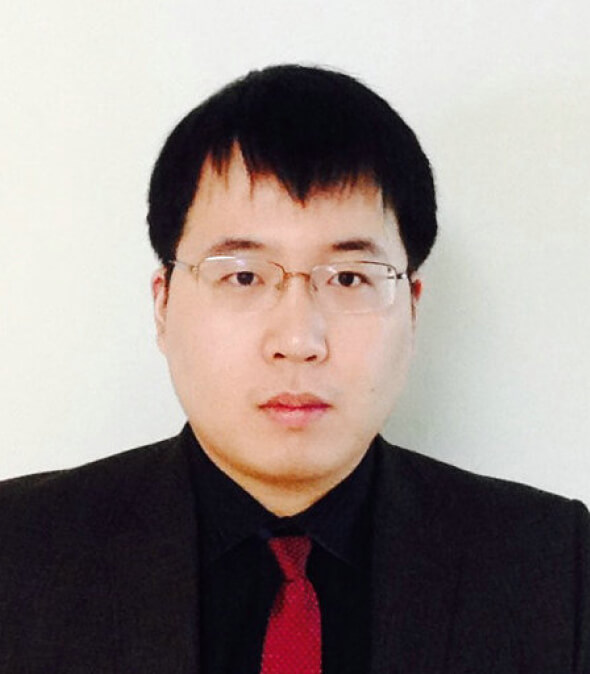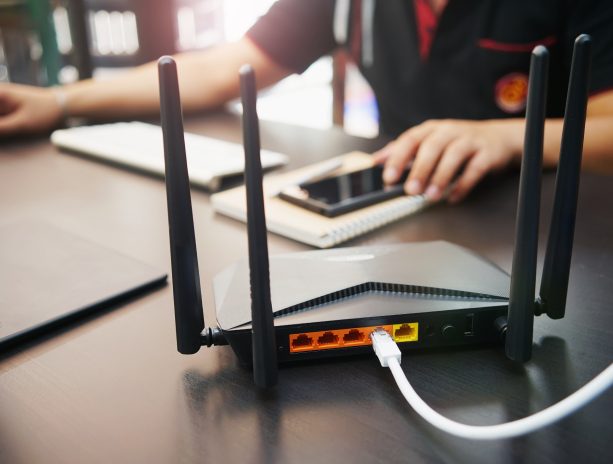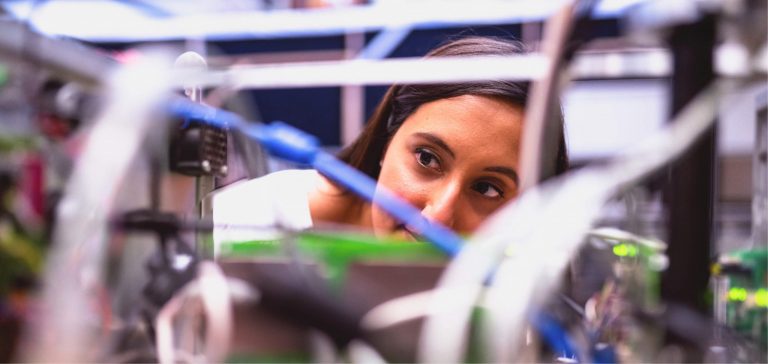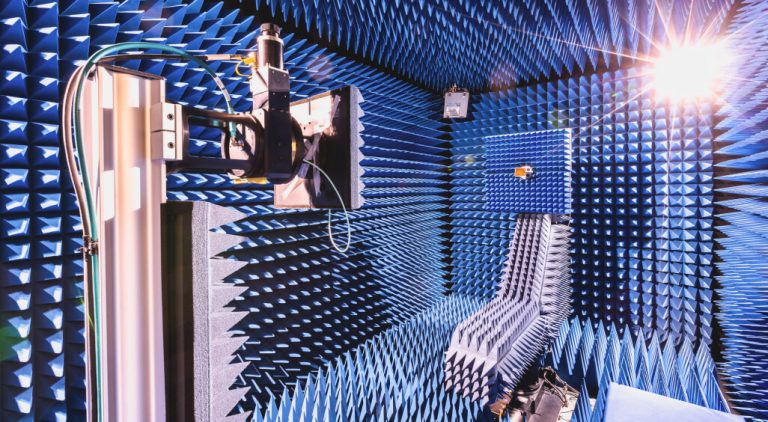Next Generation Technologies Lab
-
Quantum Networks
Quantum Networks
This lab investigates quantum-proof data security to defend against cyberattacks from quantum computers, while at the same time developing interconnection and networking among quantum computers. To accomplish these goals, this lab develops cutting-edge quantum key distribution (QKD) and quantum entanglement networks over deployed fiber optic network infrastructures. QKD relies on the laws of quantum mechanics rather than mathematical algorithms to ensure the confidentiality of keys and protect the data security in operators’ networks.
The lab has developed QKD and entanglement prototypes for core, metro and access networks. In addition, the lab is developing quantum repeaters and routers based on photonics in chips, through which entangled qubits will interact with the quantum computers that are starting to emerge.
Lab Equipment and Capabilities
Commercial QKD testbed (ID Quantique Clavis 3) based on coherent one-way protocol
QKD testbed based on polarization-encoding BB84 protocol with decoy-state capability
Picosecond weak coherent pulse sources
Time interval analyzer/controller
Single-photon detectors
Polarization-entangled photon source

Meet Our Lab Expert
Dr. Jing Wang
Dr. Jing Wang is a principal architect of optical and wireless technologies. He joined CableLabs in 2017 as a lead architect of optical and wireless technologies. His research interests include QKD networks, quantum internet, optical and wireless access networks and radio fiber convergence. He received his Bachelor and Master of Science degrees in electronic engineering from Tsinghua University, Beijing, China, and his doctoral degree in electrical and computer engineering from Georgia Institute of Technology, Atlanta, GA.
Connect with Dr. Jing WangExplore Our Other Labs

Kyrio Inc., a subsidiary of CableLabs, provides lab testing of network equipment for cable, PON, and mobile operators and their suppliers.

These labs host advanced technologies and expertise including Advanced Optics & Fiber, Hybrid Fiber Coax, Mobile, Wi-Fi, Convergence, Cloud Native, Security, Wireless PHY/RF Analysis and AI and Machine Learning. These can be interconnected to simulate a wide range of network architectures and scenarios.

The System & Device Test Environments can be configured to simulate wide-ranging scenarios—from large anechoic chambers to 3D-printed radio frequency (RF) modeling to advanced optics benches.

